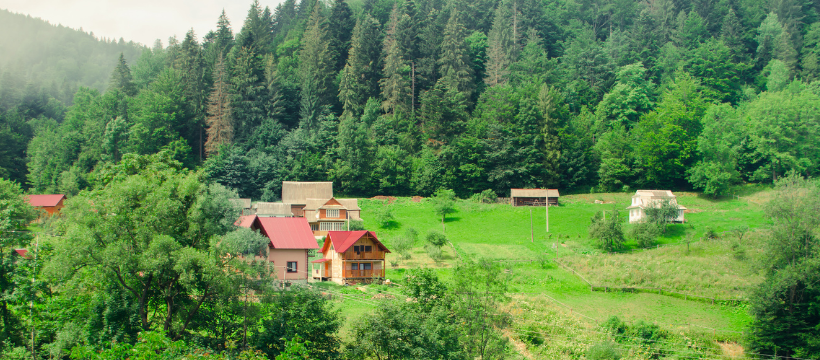
About the Project
Sustainable Mountain Tourism and Organic Agriculture (GRETA) supports the creation of new opportunities and seeks to increase beneficiaries’ income in two high-potential sectors: mountain tourism and organic agriculture. With this in mind, it engages in actions to support the GoG’s legal and policy framework and to help Georgian SMEs to professionalize and scale-up. The objective of this particular action is to facilitate improvement in the business environment and to create new income opportunities in sustainable mountain tourism and organic agriculture in order to reduce poverty and exclusion in the selected mountainous areas of Georgia.
Our Role
The environmental, gender and social impact assessment of GRETA’s project consisted of a study of the existing baseline conditions in the targeted regions. The environmental baseline study covered:
terrain, landscapes and hydrology; climate and climate change trends; mineral resources; soil types; biodiversity; forests and protected areas; land use types; water provision and waste water; solid waste generation and management; areas of historic contamination from arsenic waste; the energy sector; geology; as well as DRR and climate change risk assessment and adaptation measures.
Meanwhile, the socioeconomic baseline study included: a study of the population in the targeted municipalities with a focus on gender and vulnerable groups (i.e. households with a person with a disability, households living below the poverty line, and households with IDP status); a short overview of the project’s alignment with international and national policies and the legislation of Georgia and ADA guidelines on environmental, gender and social impact management; an assessment of environmental, gender and social impacts and risks related to the implementation of the GRETA project’s activities (mountain tourism and organic agriculture); and measures proposed to manage the risks and mitigate the negative impacts as well as enhance and replicate positive effects.
Project Outcome(s)
The EGSIA helped project stakeholders to refine the legal and policy framework for mountain tourism and organic agriculture in order to enable sustainable and inclusive development. Moreover, access to capacity development measures for people and institutions active in the fields of sustainable mountain tourism and organic agriculture has been improved and a system of knowledge management has been put in place, enabling joint learning among public, private and civil society actors.